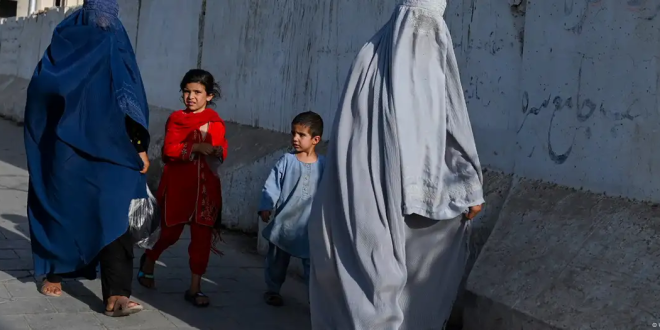KABUL – In a landmark ruling, the European Court of Justice (ECJ) has determined that Afghan women are a persecuted group under the Taliban regime, paving the way for enhanced asylum protections. This decision comes in the wake of Austria’s rejection of refugee status for two Afghan women, who sought protection based on the severe discrimination they face in their home country.
On Friday, the ECJ, the highest court in the European Union, affirmed that the gender and nationality of Afghan women can serve as sufficient proof of persecution, allowing them to qualify for asylum. The ruling emphasizes that discriminatory measures enforced by the Taliban, including forced marriage and the lack of safeguards against gender-based violence, constitute “acts of persecution.”
This case arose when the Austrian Supreme Administrative Court sought clarity on whether the Taliban’s treatment of women could be classified as persecution. The ECJ confirmed that certain actions, particularly forced marriage—which it likened to slavery—alongside the absence of protection against domestic violence, amount to inhumane treatment.
The court further noted that while some individual measures may not independently violate fundamental rights, they collectively create a substantial threat that justifies asylum claims. Crucially, the ECJ stated that EU member states are not required to individually assess the risk of persecution for every Afghan woman upon her return; rather, her nationality and gender alone are adequate considerations.
This ruling marks a significant step toward recognizing the plight of Afghan women under Taliban rule, reinforcing their right to seek refuge in Europe amid ongoing humanitarian crises. The implications of this decision could resonate throughout the EU, prompting a reevaluation of asylum policies concerning gender-based persecution.
 Afghanistan Times
Afghanistan Times




